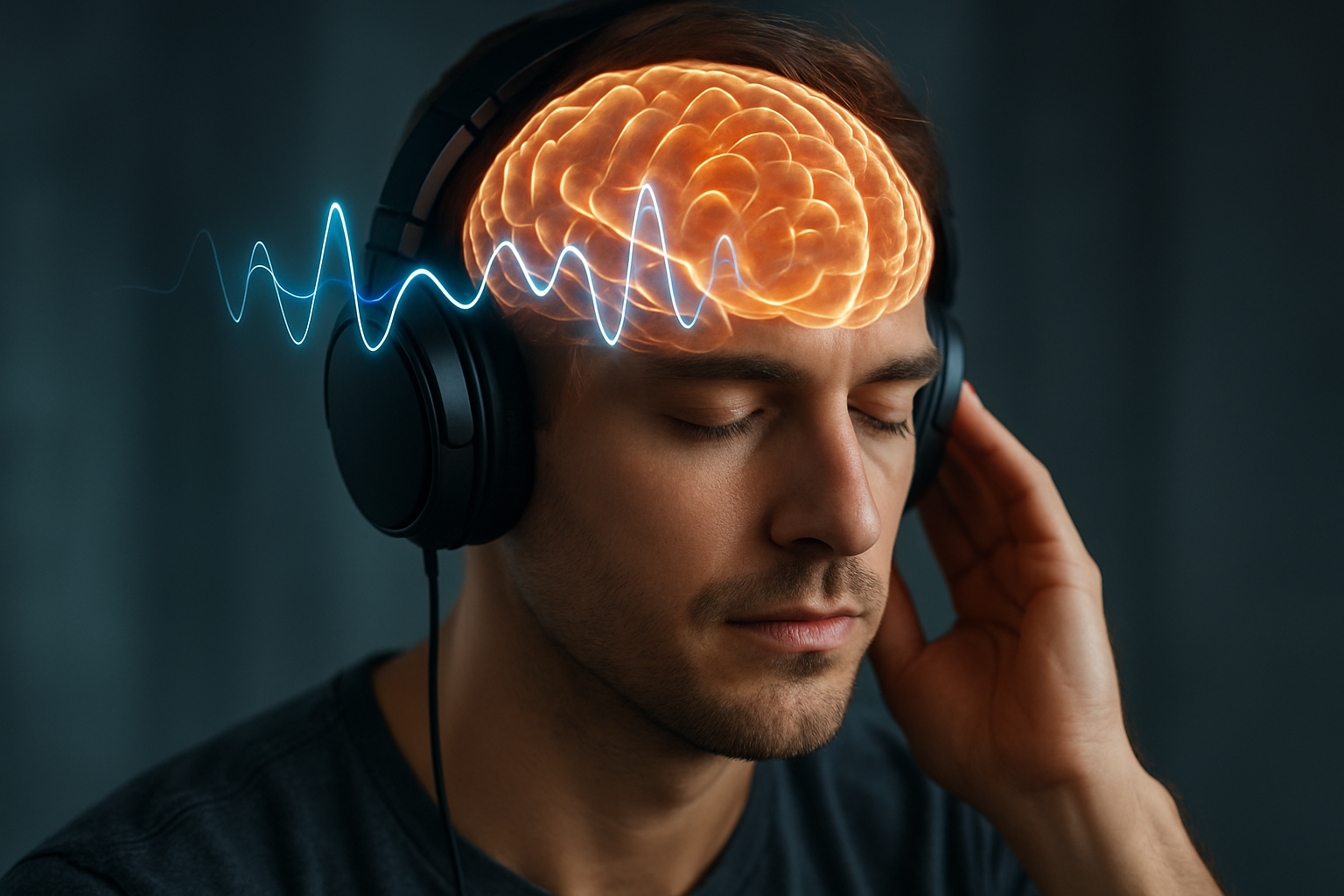Biohacking Your Brain: The Rise of Cognitive Enhancement Techniques
How far would you go to boost your mental performance? As science unravels the mysteries of our most complex organ, a new frontier of cognitive enhancement is emerging. Welcome to the world of neurohacking, where cutting-edge techniques promise to unlock the full potential of our minds.

The roots of neurohacking can be traced back to the 1960s when researchers began experimenting with nootropics, substances believed to improve cognitive function. However, the modern neurohacking movement has expanded far beyond chemical enhancement, incorporating advanced technologies and holistic approaches to brain optimization.
The Science Behind Brain Optimization
At the core of neurohacking is neuroplasticity, the brain’s ability to reorganize itself by forming new neural connections. This process occurs naturally throughout our lives but can be accelerated and directed through specific interventions. Neurohackers leverage this plasticity to enhance cognitive functions and even alter personality traits.
Recent advancements in neuroimaging have provided unprecedented insights into brain function, allowing researchers to identify specific neural networks associated with various cognitive processes. This knowledge forms the foundation for many neurohacking techniques, enabling targeted interventions to enhance particular aspects of cognition.
Cutting-Edge Neurohacking Techniques
Transcranial Direct Current Stimulation (tDCS) is one of the most promising neurohacking technologies. This non-invasive technique uses low-intensity electrical currents to stimulate specific brain regions, potentially enhancing learning, memory, and attention. While still in its early stages, tDCS has shown promising results in both clinical and cognitive enhancement applications.
Another emerging technique is neurofeedback, which allows individuals to observe and modify their brain activity in real-time. Using EEG sensors, users can visualize their brain waves and learn to control them, potentially improving focus, reducing anxiety, and enhancing overall cognitive performance.
The Role of Nutrition in Brain Enhancement
Neurohackers recognize that optimal brain function starts with proper nutrition. Beyond traditional health advice, they explore specific nutrients and compounds that may have neuroprotective or cognitive-enhancing effects. For example, omega-3 fatty acids, particularly DHA, are crucial for brain health and have been linked to improved cognitive function and reduced risk of neurodegenerative diseases.
Emerging research also points to the potential cognitive benefits of specific phytonutrients found in foods like blueberries, turmeric, and green tea. These compounds may help protect against oxidative stress and inflammation in the brain, potentially slowing cognitive decline and enhancing overall brain function.
The Ethical Implications of Cognitive Enhancement
As neurohacking techniques become more advanced and accessible, they raise important ethical questions. Should cognitive enhancement be regulated? Could widespread use create unfair advantages in academic or professional settings? These concerns echo debates surrounding performance-enhancing drugs in sports and highlight the need for careful consideration of the societal implications of neurohacking.
Moreover, the long-term effects of many neurohacking techniques remain unknown. While short-term studies have shown promise, the potential risks of prolonged use of brain stimulation devices or experimental nootropics are yet to be fully understood. This uncertainty underscores the importance of approaching neurohacking with caution and scientific rigor.
Neurohacking Insights: Tips and Facts
-
Mindfulness meditation has been shown to increase grey matter density in brain regions associated with learning, memory, and emotional regulation
-
Regular aerobic exercise can boost neuroplasticity and improve cognitive function across all age groups
-
The brain consumes about 20% of the body’s total energy, making proper nutrition crucial for optimal cognitive performance
-
Blue light exposure, particularly from digital devices, can disrupt circadian rhythms and negatively impact cognitive function
-
Learning a new language or musical instrument can create new neural pathways and enhance overall cognitive flexibility
Embracing the Future of Cognitive Enhancement
As we stand on the brink of a new era in cognitive enhancement, the potential for neurohacking to revolutionize our understanding and capabilities of the human brain is immense. While challenges and ethical considerations remain, the field offers exciting possibilities for improving mental health, cognitive performance, and overall quality of life. As research progresses and technologies advance, neurohacking may soon become an integral part of our approach to health and self-improvement, ushering in a new age of cognitive optimization and human potential.






